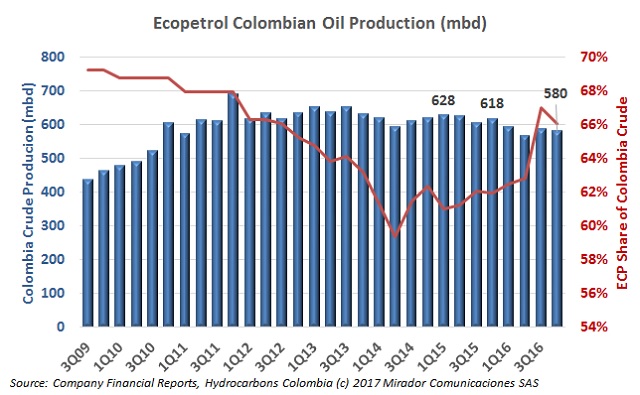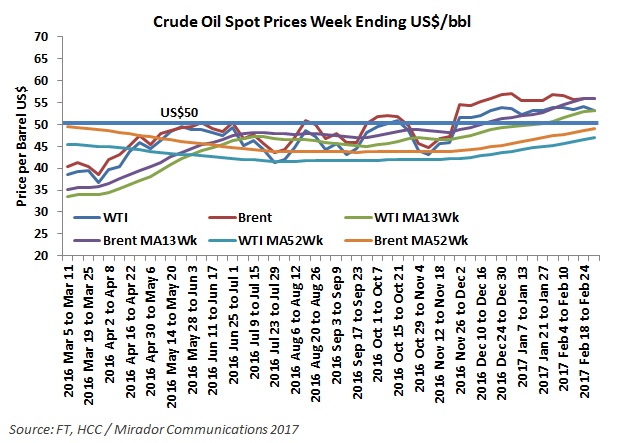Huila’s entrepreneurs gave a rational perspective on the oil snd gas industry’s performance at an international and local level.
At a time when low oil prices have forced Ecopetrol (NYSE:EC) to adjust its expenses and maintain a moderate exploration rate to ease its finances, the refining industry is emerging as the company’s hope for higher production margins and profits.
The National Government failed to receive about CoP$23.6T due to the oil price drop and the sector crisis affected everyone. In September 2015, the National Hydrocarbons Agency (ANH) announced improvements and incentives to boost the sector. Nearly a year-and-a-half later, finally, the new regulation has been approved.
The Army and the Police carried out a series of operations that led to the confiscation of over 3,000 gallons of fuel that were being illegally transported through the country, Ecopetrol (NYSE:EC) reported that attacks against the Caño Limón-Coveñas pipeline continue, and authorities showed their concern regarding the expansion of dissident Farc groups in different departments of the country. The development of these and other stories in our periodic Security Summary.

Ecopetrol (NYSE: EC) made public its financial results for 2016. The company notes that it did well despite the difficult circumstances. The NOC exceeded its production target and presented positive financial results.

January, Brent averaged US$55.89 and in February US$56.24, a less than 1% change and identical in percentage terms to the change between January 2017 and December 2016. Yawn!